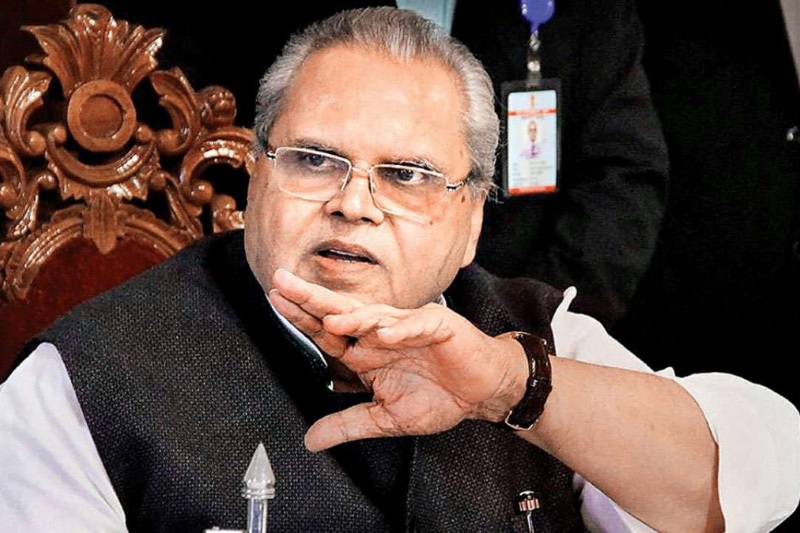- Sponsored -
Satya Pal Malik: Section of upper-class India are ‘rotten potatoes’, no sensitivity

On Wednesday, Jammu and Kashmir Governor Satya Pal Malik compared a section of the country’s wealthy to ‘rotten potatoes’, saying they don’t have any sensitivity towards society and do no charity.
Earlier too, Mr Malik has spoken out against wealthy politicians and bureaucrats in Kashmir, was addressing a function of the state’s Sainik Welfare Society.
- Sponsored -
The J&K Governor Satya Pal Malik further said while addressing at an event, “But there are a few like this in the upper classes. Please do not take it badly, I consider them ‘rotten potatoes’, not human beings,” Mr Malik said while addressing the function here.
He made his remark ‘rotten pottoe’ in Hindi, using the term ‘sade se aalu’ to describe the rich who don’t do charitable works.
Apparently, when a journalist posed a question about the country’s wealthiest man, who spent Rs 700 crore on the marriage of his daughter, whether he undertakes any charity, Malik said that he does not do charity but adds to the wealth of the country. Malik made this comment without naming anyone in particular.
“In Europe and other countries, they do charity. The Microsoft owner does charity of his 99-per cent wealth. But he said he does not do charity, but adds to the wealth of the country. Does he increase the wealth of the country by spending Rs 700 crore on the marriage of his daughter?” the governor went on ranting.
With Rs 700 crore, Mr Malik further elaborated, 700 big schools could have been built in the state and 7,000 widows of slain soldiers could have brought up their children.
Satya Pal rued, “But they will not (do charity). The sensitivity that should be in this (upper class) section of the society is not there.”
Malik made a poignant statement by saying that society is not formed due to the upper classes, but from farmers, employees, people working in industries and men in the armed forces.
Lastly, he added, “Let us boost the morale of our armed forces and help them and remember them.”
Also read: Lok Sabha passes the surrogacy regulation bill: 10 points to know
- Sponsored -
